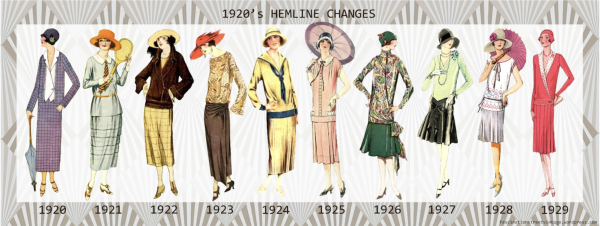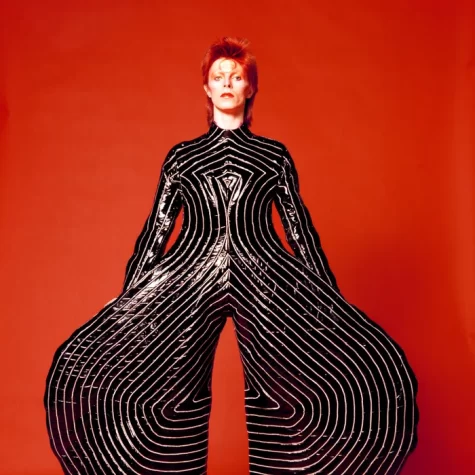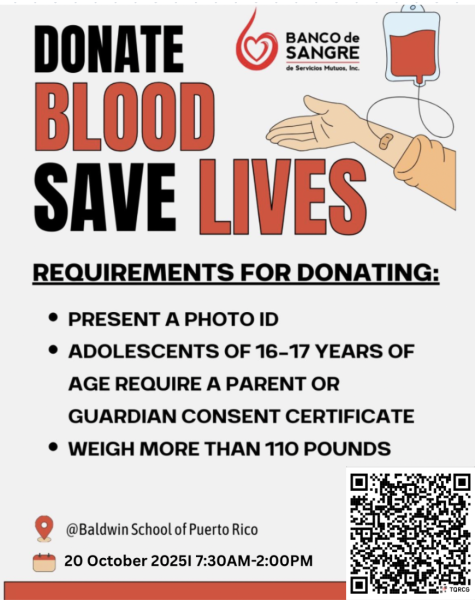The fashion industry is constantly changing, but how has it reacted to a global pandemic that has turned everything upside down?
Most people don’t think twice about where their clothes are coming from or who makes them. This is essentially the problem that comes with fast fashion stores like H&M and Zara who sell millions of cheap clothes made by underpaid children working barefoot seven days a week (Pérez-Peña 2020). If you added a shirt to your cart and knew that a 10-year-old made it in extremely unsafe conditions and was probably not paid very much, would you still checkout? Problems like this one are what make many consumers rethink their fashion choices and consider finding alternatives that allow them to still enjoy fashion while making ethical choices.
Covid has allowed the industry to “reset” in a sense. Now that people have begun questioning their products, a form of fashion known as “upcycling” has become very popular. The process of buying secondhand clothing as well as finding new ways to repurpose old clothing has inspired a new generation of designers and brands to create innovative and trendy clothes that don’t leave any more of a negative impact than what was already there.
Sandra Sandoor of the brand Nanushka, for example, is a sustainable designer based out of Budapest, Hungary. She designs bags, dresses, and shirts for both men and women made out of vegan leather and upcycled materials. The brand focuses on reducing its carbon footprint and creating a safe environment for its workers. While they still may be a relatively new brand, 85% of their production still occurs in Hungary and this allows them to significantly reduce their carbon footprint and demonstrate a transparent supply chain.
Mara Hoffman is another example of a sustainable designer who designs women’s clothing made from pre and post-consumer waste and aims to help their customers realize what kind of relationship they have with their clothing and how they can re-evaluate their environmental decisions when it comes to fashion. She uses a variety of sustainable fabrics such as Repreve and Econyl, which are made from recycled materials such as plastic bottles, and ocean and landfill waste like fabric scraps, old carpets, and industrial carpets. Similar to Nanushka, Hoffman works in transparent relationships with her suppliers and factories, ensuring safe and fair working conditions and wages.
Although it seems as if it has put the world on pause (Beardsley 2020), Coronavirus has allowed for an industry that has hurt the planet and its workers for many years to re-evaluate itself and, in a sense, re-imagine its future in ways that benefit everyone. I urge you to consider shopping ethically and think about the impact of your decisions before you purchase from a fast-fashion retailer. There are so many alternatives that not only help those who are unjustly paid, but also the environment and the planet you live in.
Sources:
Beardsley, E. (2020, October 11). Covid-19 is turning the fashion industry on its head. Retrieved March 2021, from https://www.npr.org/2020/10/11/922756218/covid-19-is-turning-the-fashion-industry-on-its-head
Pérez-peña, R. (2020, September 27). Futures in peril: The rise of child labor in the pandemic. Retrieved March 2021, from https://www.nytimes.com/2020/09/27/world/asia/coronavirus-education-child-labor.html
Top 13 sustainable fashion designers making a change in 2020. (2021, March 09). Retrieved March 2021, from https://motif.org/news/top-sustainable-fashion-designers/
Your donation will support the student journalists of The Baldwin School of Puerto Rico. Your contribution will allow us to purchase equipment and cover our annual website hosting costs.

Hi! My name is Laura Rodriguez, I’m a senior, and I have been a part of the journalism club for 4 years. Though I have been both photographer and writer,...











Claudia Rodriguez • Oct 15, 2021 at 4:26 PM
Interesting new perspective!! Never realized how Covid was having an impact in the fashion business too! Great article!!